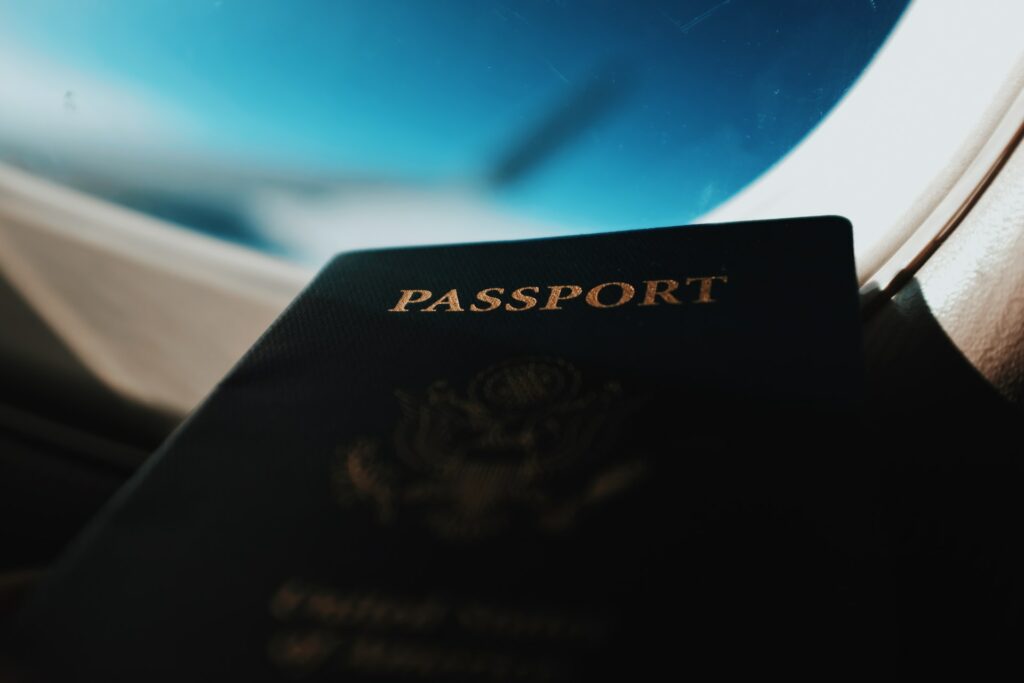Obtaining a passport for a child can be a complex process, particularly after a divorce. This is because the application process for a child’s passport requires the consent of both parents or legal guardians. Following a divorce, it is crucial to comprehend the modifications in passport applications for children. In this article, we will delve into everything you need to know about passport applications for children post-divorce.
Passport Canada
Passport Canada has established specific regulations for children’s passport applications. The parent who applies for a child’s passport must convince Passport Canada that they possess the legal authority to apply and that no limitations on the child’s travel exist. As a result, it is prudent to include clauses addressing these concerns while drafting a separation agreement.
What Changes in Passport Applications?
After a divorce, parents may want to travel with their children to various destinations. However, parents need to be aware of changes in passport applications for children post-divorce.
Consent Letter
The first change is that both parents need to provide consent when applying for a passport for the child. This means that both parents need to sign the passport application form. If one parent is unavailable, the other parent must provide evidence of sole custody or a court order granting them the right to travel with the child.
A letter of consent confirms that children who are travelling overseas with only one parent/guardian or with someone who is not their parent/guardian (either alone or in a group) have permission to travel from the parent who is not accompanying them on the journey.
Even though carrying a consent letter is not mandatory under Canadian law, immigration officials, Canadian officers, or airline agents may ask for it while entering or leaving a foreign country or re-entering Canada. Failure to produce a consent letter upon request may lead to delays or rejection of entry or exit from a country.
What Documents are Required?
When applying for a passport for a child post-divorce, certain documents are required. These documents differ depending on whether both parents are available or not.
Every Canadian child, from newborns to 16 years old, needs a passport for travel. Only a parent with legal custody of the child can apply for their passport, but both parents must sign the application form. In the case of joint custody, either parent can apply, but the other parent must still sign the application form. Despite the presence of both signatures, the Passport office may reach out to the non-applicant parent or guardian during the application process.
Conclusion
Passport applications for children post-divorce can be complex, but it is essential to understand the changes that occur and the documents that are required. Both parents need to provide consent for the passport application, and the child’s passport must have the names of both parents on it. If one parent is not available, evidence of sole custody or a court order granting the right to travel with the child must be provided. By understanding these requirements, parents can ensure that their child’s passport application is successful and that they can travel with their child without any issues.
At Dreyer and Associates, we prioritize safeguarding the best interests of families. Our team boasts diverse expertise spanning family law, wills and estates, and residential conveyancing. If you require the services of a child custody lawyer in Langley, we invite you to schedule a consultation with us.





